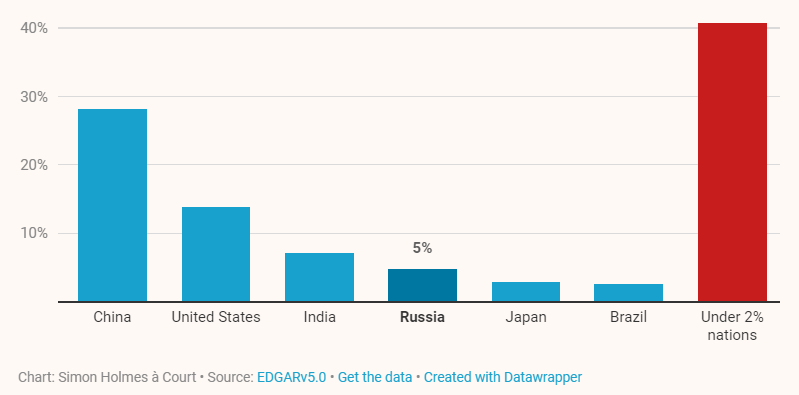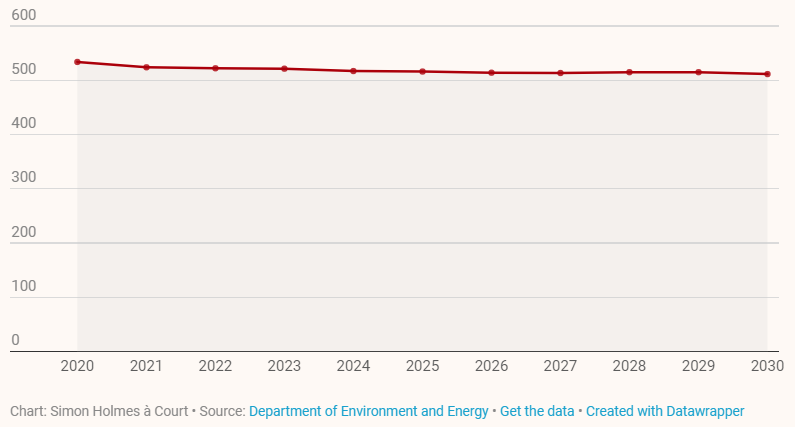
Entire Australia was probably ashamed when their delegates tried to cheat on the 2015 Paris Agreement by carrying over their allowance at the 1997 Kyoto Protocol to the current carbon emissions target.
The act is not just shameful -- it is also insulting to every victim of bushfire crisis.
It is no question that the worsening condition of our climate could lead to the damnation of humankind. And Australia is among the first victim of its wrath. The brutal summer that turned the southern part of the country is a preview of what could soon happen regularly.
But rather than discussing ways of preventing this to recur, there's Prime Minister Scott Morrison, delightfully enjoying the sun in Hawaii after denying that reducing Australia's carbon footprint could mitigate the risk of more bushfires on the next summer.
No credible scientific source, he said. Australia's carbon emissions are not relevant, he assumed.
But Australia has never been irrelevant in terms of global carbon footprint. Probably, no country ever does, and no one ever will. Because if we consolidate every country with "insignificant emission", the result will be at least as twice the contribution of the current flag bearer, China.

While it is true that the countries with most emissions should exert more effort, nature does not care about the socially constructed political boundaries. Just because Malaysia has fewer emissions compared to Indonesia, which is currently the 12th, does not mean it will never feel the impact. As a matter of fact, just last year, some parts of the country got covered with smog because of the fire in Indonesia.
It is reported that the average emission of an Australian is four times higher than an average global citizen. This mainly came from coal-based power plants. The country might have been utilizing renewable energy recently, more than half of the electricity was generated by black and brown coal.
Another factor came from the gas extraction, and it has served as the third largest energy source of Australia, after coal and uranium.
Based on the protocol of UN Environment Program, the global emission must be lessened by at least 7.6 percent yearly for a decade so that it will not exceed the target highest global temperature rise of 1.5 degrees Celsius.
Morrison claimed that his government is working on it. But whatever that work is undoubtedly ineffective as the projection shows that there will be no progress on Australia's emissions this decade. No wonder, the country is considered as the worst in climate policies.

By the way, please note that this projection assumed that there will be no methane leak from the gas extraction sites, and the LNG industry did not expand. The current bushfire and its possibility to recur are also not yet accounted.
Through his book Superpower, economist Ross Garnaut believed in Australia's potential to lead the decarbonization of the world by the end of the current decade. Aside from expanding the industry of aluminium, steel, silicon and ammonia, he also believed that the country could monetize the green hydrogen, which has been increasing steadily.
It is true. The potential of Australia is vast, if not limitless. Sadly, it fell on the wrong hand -- at the governance of a paralyzed leader who thinks he knows better the climate scientists who spent decades of studying the impact of climate change.
As long as Morrison's dishonesty and lack of imagination terrorize the country, the future of Australia is still at stake.
© 2026 NatureWorldNews.com All rights reserved. Do not reproduce without permission.





